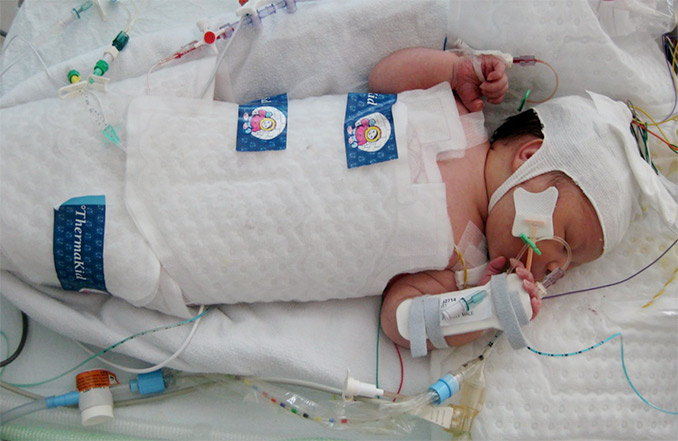Cerebral Palsy Awareness Month
Cerebral palsy is a neurological birth injury that affects thousands of children and adults worldwide. March is known as Cerebral Palsy Awareness Month, which allows us the opportunity to educate others about cerebral palsy while celebrating those currently living with it.
During March, you may have seen people wearing green as a reflection of youthfulness and new growth, as well as hope for advancements in treatment and acceptance of those who live with cerebral palsy.
With so much happening in the world around us, cerebral palsy can easily be pushed into the back of our minds if it is not a part of our daily lives. But for those living with cerebral palsy (or who have a loved one with cerebral palsy), they face the reality of their condition every day with dignity and strength that leaves much to be admired.
What is Cerebral Palsy?
Cerebral palsy (CP) is a group of permanent movement disorders that appear in early childhood, affecting body movement and muscle coordination. Parents may notice developmental delays early, but an official diagnosis may be delayed until age two or later.



